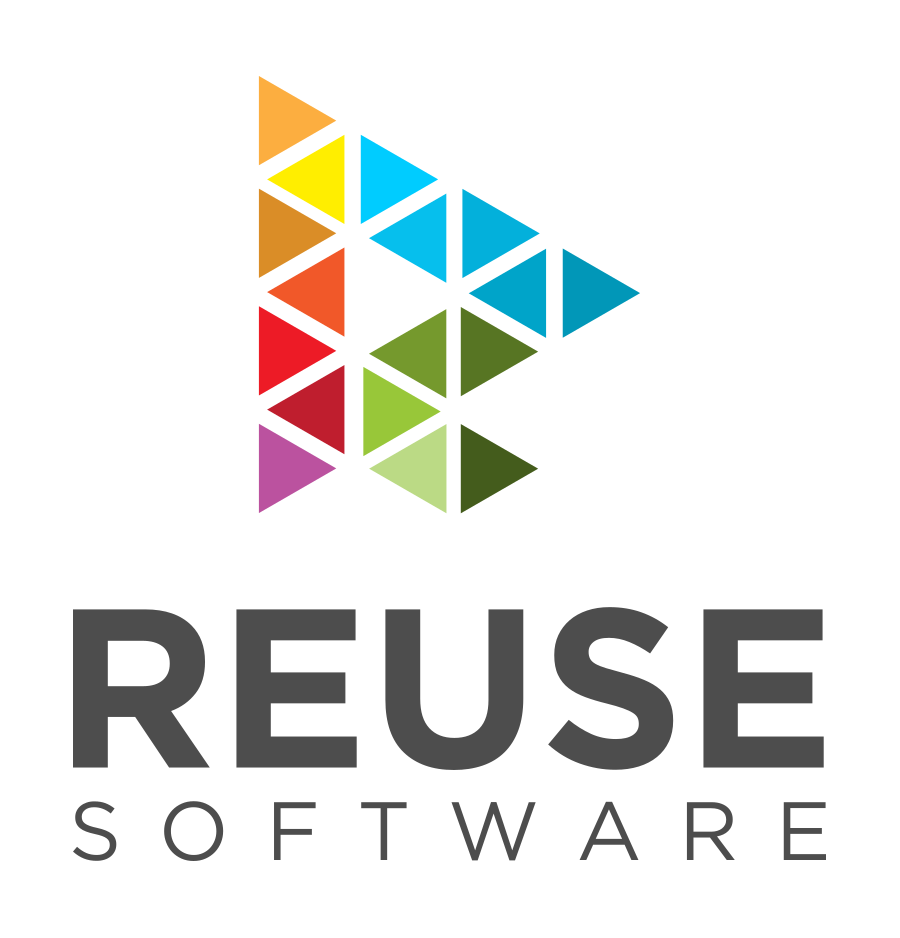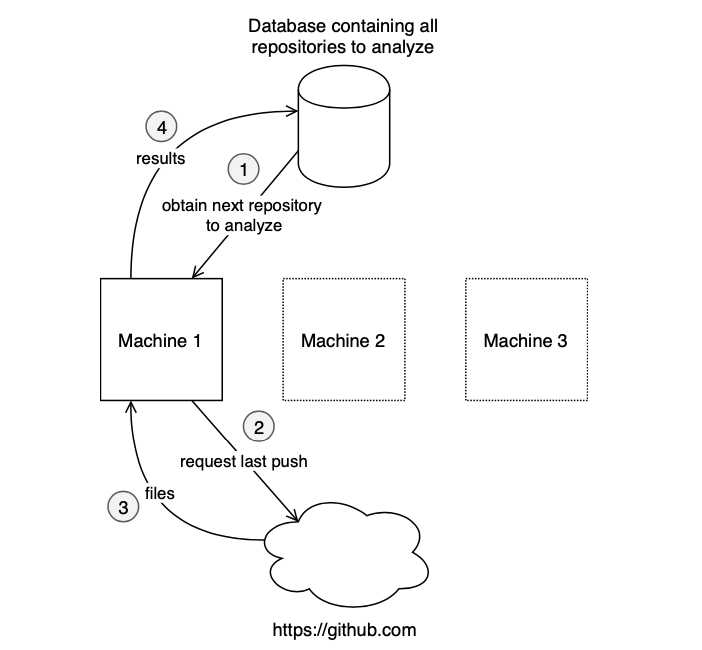The REUSE Initiative
Peter Moser, Andrea Janes
Developer's Thursday
12.12.2019 @ NOI Techpark Südtirol

Introduction to the REUSE initiative
Reusing existing software...
- ...is productive: one does not need to develop everything from scratch
- If it is Free Software you can even:
- evaluate the quality of the reused component
- understand how maintained it is evaluating the community that is behind and looking at how often it is updated
- If it is Free Software you can even:
- ...can become a nightmare because of the license!
Risk of license conflicts
- Is not easy for a developer to understand the legal consequences of reusing an existing Free Software component
- Possible reasons:
- Many licenses exist, e.g., the Software Package Data Exchange (SPDX) considers 348 licenses with 32 possible exceptions.
- Domain specific language: the rights and obligations of each type of license are difficult to understand.
- Complexity: it complex to understand all licenses in use in a project and how they can be combined.
- Uncertainty: the consequences of violating a license are unclear as removing a component.
The REUSE Initiative
- Initiated by the Free Software Foundation Europe
- Has the goal to provide clear guidelines on how to publish Free Software so that license and copyright are clearly defined and machine readable.
-
The desired effects:
- Make it easier to understand the license
- Allow the creation of tools that find reusable components with compatible licenses
- First release October 11/2017, second release 12/2017, third release 8/2019

The REUSE Initiative
- The initiative defines 3 main practices:
- Choose and provide licenses
- Add copyright and licensing information to each file
- Confirm REUSE compliance
- It also defines how these practices have to be implemented (pay attention on the next 3 slides)
Choose and provide licenses
- You create a LICENSES directory in your project root
- Download all used licenses and add them to the LICENSES folder:
- Find the SPDX License Identifier of your your license in the SPDX License List (e.g., "GPL-3.0-or-later")
- Download the license from https://github.com/spdx/license-list-data/tree/master/text
Add copyright and licensing information to each file
- Add header to each file, indicating these tags:
- SPDX-FileCopyrightText, to record the publication year and copyright holder of the contents of the file.
- SPDX-License-Identifier, to indicate a SPDX License Expression
- Or: add the header in a separate file with the same name but with a “.license” extension (used for binary files).
-
Suggestion:
- Add build artifacts into .gitignore
- License insignificant files with the SPDX Identifier CC0-1.0
Confirm REUSE compliance
- Confirm (Check) REUSE compliance using a linter tool

The study
- If we look at GITHub repositories, how well do they respect the REUSE initiative rules?

How we conducted it
- GitHub hosts 85 million repositories
- If we would write a tool that can scan 1 repo/second it would have taken us 2.7 years (SFSCon 2022)
- We took a sample of 1000 repositories of all repositories that had a release in the month before the study (from July to August 2017)
- 416,776 repos
- We used random.org to generate true random numbers. The randomness comes from atmospheric noise.
- 1000 repos with 282,232 files
- 70 repos did not exist anymore (deleted between sampling and actual download)
Architecture

Reuse checker in action

Results (1/2)
- Of 930 repositories:
- a single license file exists: 571 (61.4%)
- the SPDX license file exists: 0 (0%)
- the license folder exists: 2 (0.2%)
- the debian license folder exists: 2 (0.2%)
- the all used licenses are present: 568 (61.1%)
- the readme file exists: 822 (88.4%
- the authors file exists: 20 (2.2%)

Results (2/2)
- Of 282,232 files:
- with copyright information: 89,328 (31.7%)
- with license found in file: 264,790 (93.8%)
- with license found in .license: 1 (0.0%)
- with license found in debian format: 642 (0.2%)
- with license found in .spdx: 0 (0%)
- where a SPDX license expression exists: 14,661 (5.2%)
- with a valid SPDX license expression: 14,019 (5.0%)

Conclusion (2017)
- The REUSE initiative goes to the right direction
- Unfortunately (in our opinion) too many ways to be compliant
- Have a look at the "Flight Rules" of IDM-Südtirol at https://github.com/idm-suedtirol/reuse that contain simple recipies to be REUSE compliant. It might be easier to digest.
- The full specification is at https://reuse.software/
Conclusion (2019)
- The REUSE initiative goes even more to the right direction
-
Unfortunately (in our opinion) too many ways to be compliantNow its easy to be compliant -
Have a look at the "Flight Rules" of IDM-Südtirol at https://github.com/idm-suedtirol/reuse that contain simple recipies to be REUSE compliant. It might be easier to digest.(No more inventory :)) - The full specification is at https://reuse.software/
- I think we will do another study... ;)
The REUSE Initiative
By Andrea Janes
The REUSE Initiative
Presentation of the REUSE initiative during the Software Developers' Thursday
- 225



